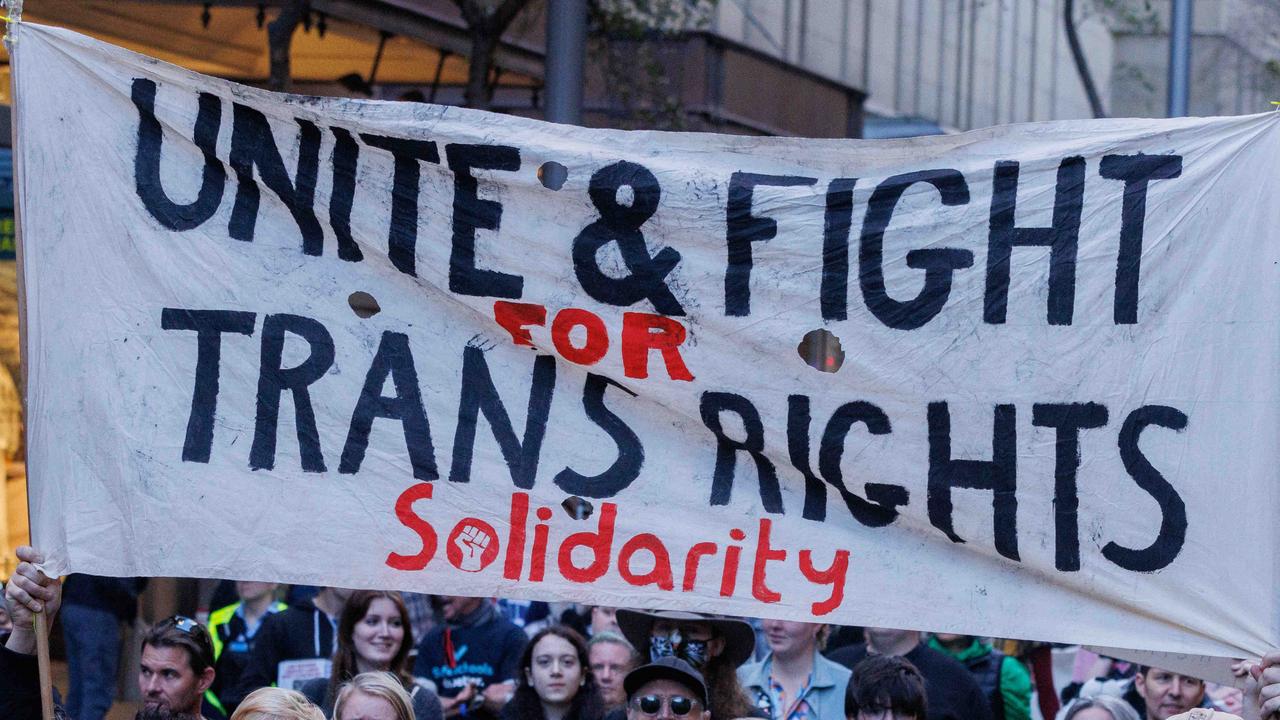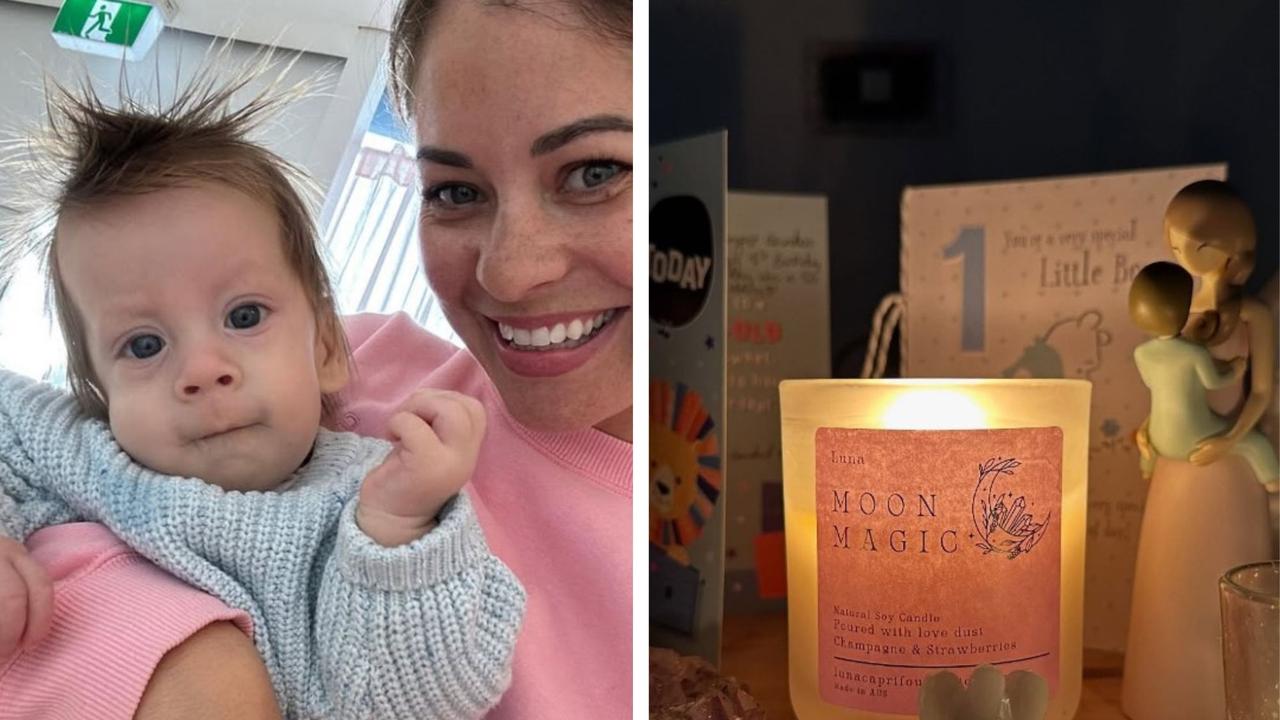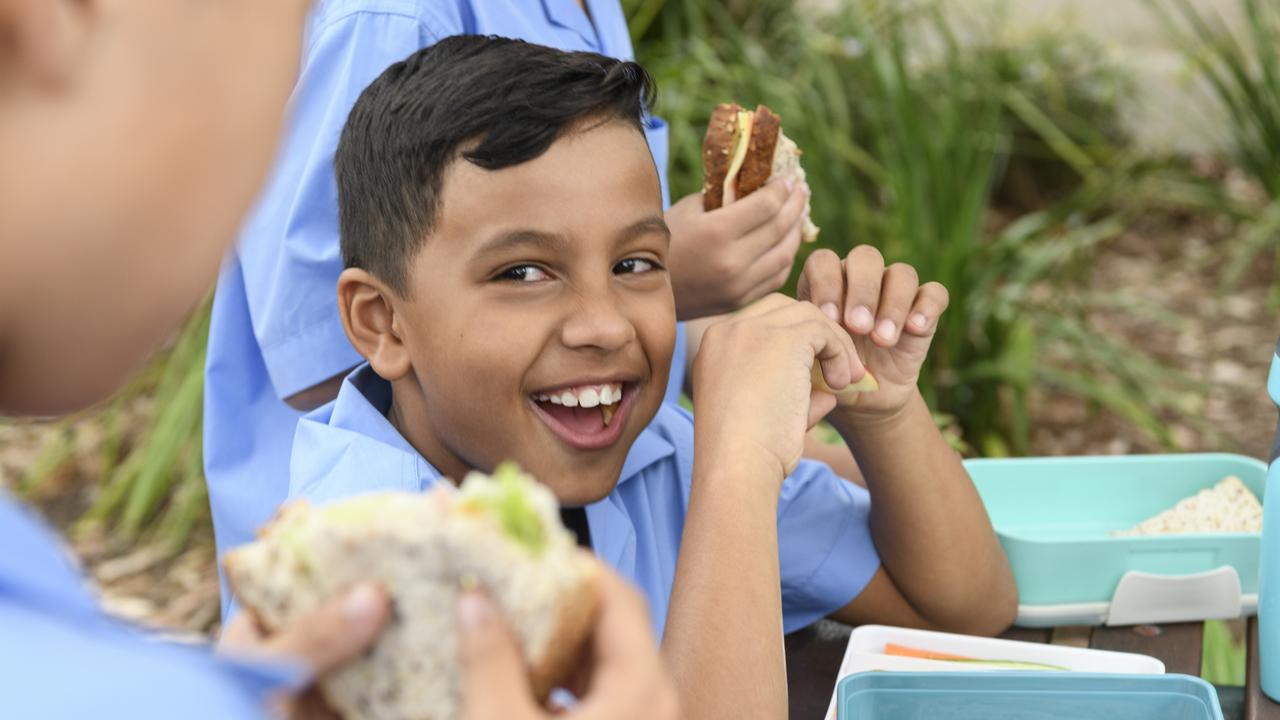Jo Stanley asks: How much we should praise our kids?
HOW much praise is too much? And no, we’re not talking about mayonnaise. Jo Stanley discovers the worrying effects of constantly rewarding our kids.
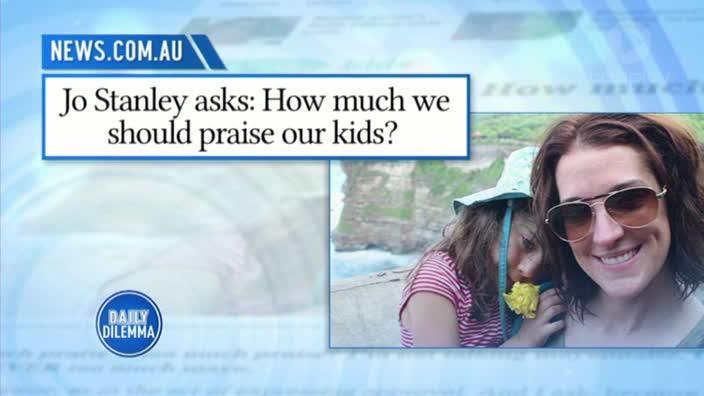
HOW much praise is too much praise? I’m not talking mayonnaise. Obviously, there’s NEVER too much mayo.
I’m talking praise, as in the act of expressing approval. And I ask, because my six-year-old daughter, who is in her first year at school, was just elected class SRC captain. Between that and the Principal’s Award for always being cheerful and ready to learn, and the two Class Awards — the first for being kind and the other for I can’t remember what, probably something equally remarkable, like remembering to flush the toilet — in the first eight months of her schooling she has already outdone my entire school career.
I’m not jealous (much). I only wonder, is all this over the top reward, just for being a basically decent human, healthy?
I don’t wish to sound like I’m not proud. In my heart, that little person makes me cockier than a Mummy on Toddlers and Tiaras. But in the interests of raising a functioning self-sufficient adult who cares more about things like empathy, intellect and individuality than what people think about her, I feel like it’s time to pull back on the praise. I fear what I, and our whole culture of accolade is creating.
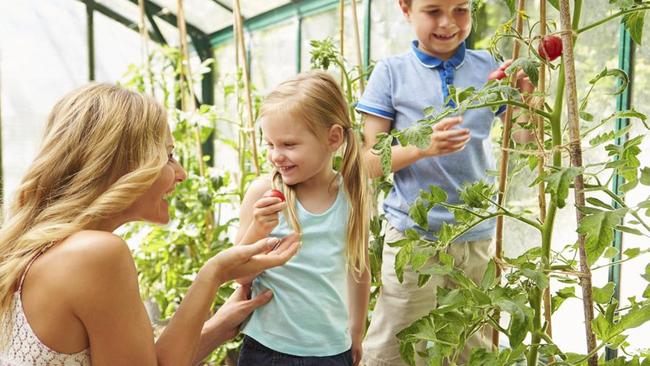
I’ve always been a firm believer in “reward the behaviour you want to see”. It worked for training my Labrador and I figured a kid was no different. Hence, I used to be a chronic praiser.
It started with toilet training. Like all the books said, every token tinkle or brown nugget she blessed the potty with earned her a celebration to beat mardi gras. And it worked. Then, as we moved on to teaching life lessons like teeth cleaning, room tidying and keeping her undies on in public, we brought out the Star Chart. And that worked too.
But pretty soon, we had an egomaniac in the house insisting we watch her song and dance performance, in which she wailed atonally and barely came close to Peter Garrett for natural rhythm and style, and then expected us to applaud her because she just assumed she was brilliant.
It was tempting to play along, but I couldn’t help but fast forward in my mind 15 years, and see her standing deluded before a cruel panel of reality TV judges, refusing to hear their honest appraisal that she is, in fact, less talented than an internet cat. I’ve been torn between praise and crushing realism ever since.
Particularly as, in all my research, and I’ve read so much you’d think I was doing a PhD on the subject, there are some pretty horrendous consequences to overpraising our children.
According to those who really do have PhD’s on the subject, praise-laden kids turn into entitled narcissists, who think they’re better than others. Or people pleasers, vulnerable because their need to please in the hope of praise overrides their own needs. Or they could become perfectionists, because they’ve been taught their sense of worth comes from high achievement. Or they could be risk-averse, terrified that if they set unattainable goals there might be no praise forthcoming, which is basically condemning my daughter to a life without creativity or innovation, and therefore, limiting her chances of a rewarding career in most industries in the global marketplace, which is the exact opposite of the sense of self belief I wanted to instil in her by handing out the praise in the first place. God, parenting is tough.
Just when I thought I was doing a pretty good job because I never called her pretty or beautiful, but only ever clever or funny or interesting, I discover I’m doing more damage than if I’d locked her under the stairs like Harry Potter.
My mother has always said “children can do with a healthy dose of neglect.” As I’m the product of that, and I think I’m pretty well adjusted, I can’t argue with her methods, but I feel like there’s got to be some middle ground. And it seems the middle ground is in the difference between praise and encouragement, the difference between the doer and the deed, between the result and the effort.
Effective parenting means encouraging the work, the risks, the willingness to try, rather than focusing on the end result. We should use sentences like “great effort, I know you worked hard on that” rather than “well done, A+. You’re more special than those other stupid kids.” And, when the lounge room recitals are inflicted upon us, instead of “That was … ah … wonderful darling”, something more constructive like “keep working on that, sweet heart, outside, with the back door shut.”
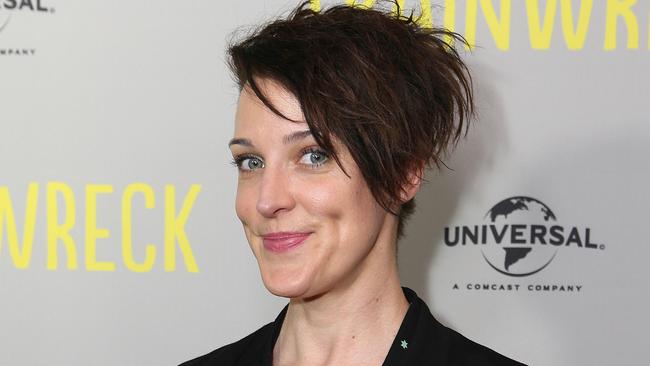
Follow Jo Stanley on Twitter and Facebook.


